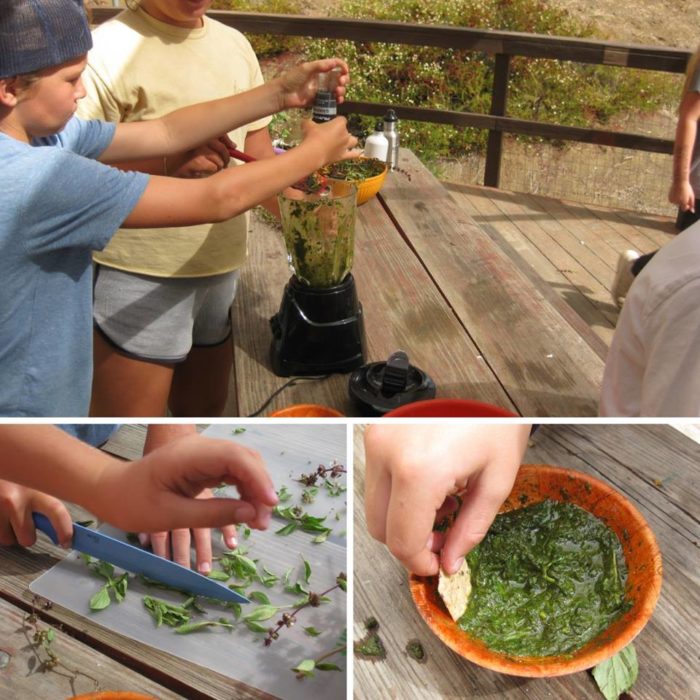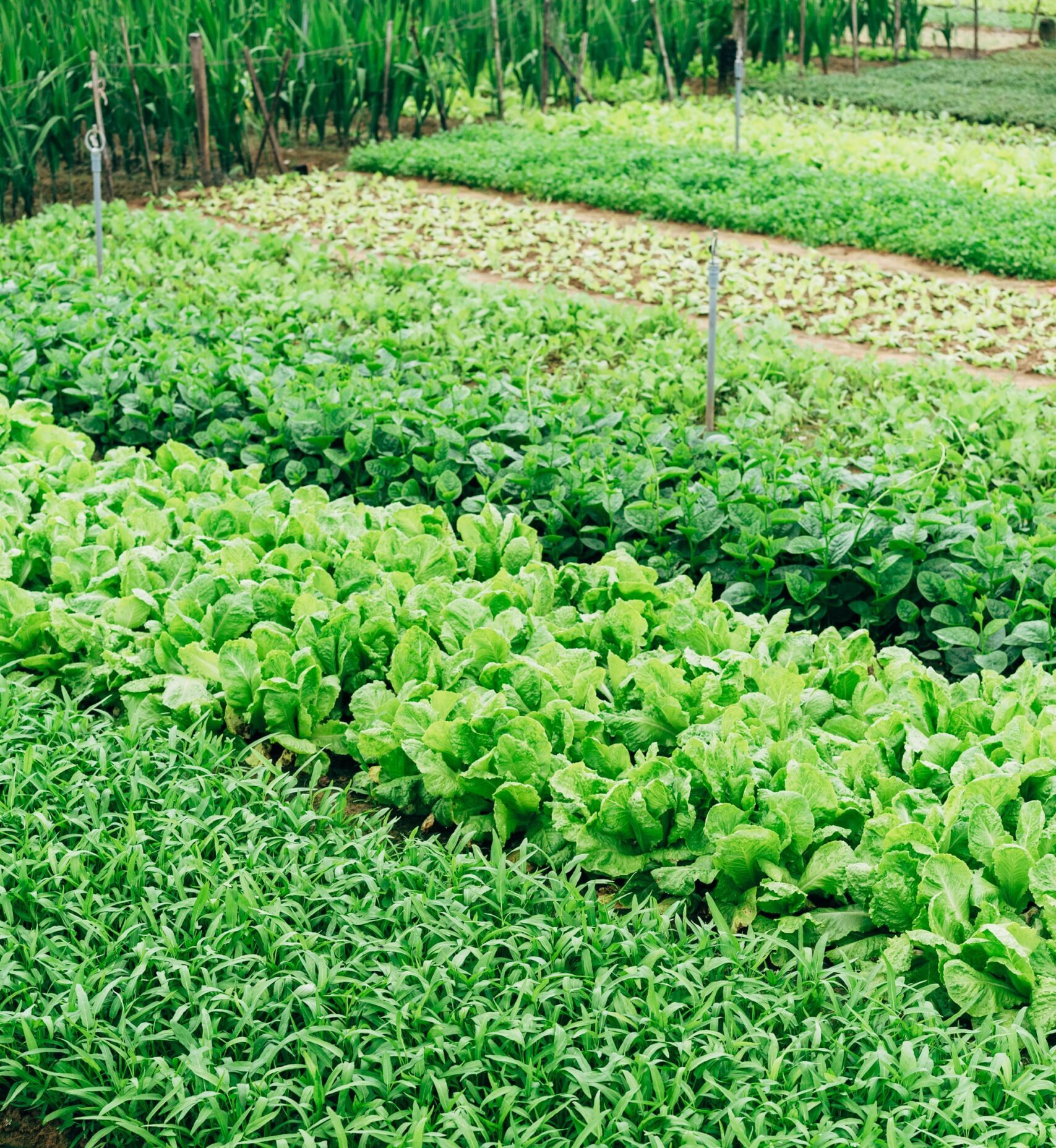 It’s no secret that many people—students, parents and teachers alike—are becoming disillusioned with the mainstream education system. These days, education is too often about hitting targets and passing exams. That’s how the success of the system is measured, leading an increasing number of parents to opt for homeschooling instead.
It’s no secret that many people—students, parents and teachers alike—are becoming disillusioned with the mainstream education system. These days, education is too often about hitting targets and passing exams. That’s how the success of the system is measured, leading an increasing number of parents to opt for homeschooling instead.
But could we take a different approach? What if we pursued an education system which created compassionate, curious students with a deep respect for the planet we live on and the creatures we share it with?
That’s the vision behind one remarkable school in California. MUSE accommodates children of all ages—from early years through to high school—and both sustainability and independent learning play a key role in its curriculum.
The most sustainable school in the country
MUSE’s commitment to sustainability is impressive; its cafeteria is especially notable for being entirely plant-based. In 2014, the school made the decision to slowly transition away from a more conventional menu, educating students and parents about the benefits of plant-based eating along the way. Not only that, but its kitchen is entirely solar-powered, which drastically reduces its impact on the environment.
As a result, the cafeteria has not only been certified by the Green Restaurant Association but also declared the Greenest Restaurant in the World. The CEO of the GRA, Michael Osman, says MUSE has “pushed the edge of sustainability even further from vision to reality.”
A new approach to waste
MUSE sees waste as an “opportunity for innovation and education.” The school is working towards being fully zero-waste, and uses upcycled materials in its play areas and for some of its equipment.
Its campuses also have plenty of other green features, including solar panels which offset up to 90% of its power usage, insulation, clever use of natural light to reduce the need for electricity, and water-saving toilets.
MUSE even has its own gardens for growing food, which means fewer supplies need to be transported to its campuses. And the school encourages students to ride the bus or to carpool.
Shaping the next generation
These sorts of initiatives are a positive step in any institution or organization, but especially so in a school. Significantly, MUSE hasn’t just implemented these features—it has also made them a key part of the curriculum. Students help to monitor the use of water and energy on campus, and take part in compulsory projects about sustainability. They are also educated about the benefits of plant-based diets.
School plays a crucial role in shaping children’s attitudes, and MUSE’s emphasis on sustainability will encourage students to be aware of and take responsibility for the impact of their actions. This awareness is likely to stay with them after they leave school, and influence those around them too.
A different approach to learning
MUSE’s sustainability isn’t the only thing that makes it special—its approach to education is different too. The school believes in letting children pursue their interests, recognizing that this creates students who are genuinely engaged. It calls this “passion-based learning.”
Students still cover key subjects like math, science and languages, but they are encouraged to pursue topics of their choice within that, using the learning styles which work best for them. They are also taught to have “self-efficacy,” or belief in their own abilities, which is scientifically proven to improve performance.
MUSE as a model
The mainstream education system may be good at creating students who can pass exams and do as they’re told. But all too often, children lose their enthusiasm and curiosity as they move through the school system. Education is something children do because they have to. Its purpose is mainly to help them get a job when they leave. Is that really all we want for our children?
What about a system which encourages children to become creative, thoughtful, conscientious adults? To be independent, resilient, and mindful of their actions? To remain curious their whole lives and cultivate a love of learning? And to have a healthy respect for the planet, their communities, and—of course—themselves?
We do need to be able to find work when we leave school, but we also need to learn how to be happy, healthy, balanced people. And a shift in our attitudes to this incredible planet we call home is more than overdue.
If we, as a society, are open to questioning our ideas about what education is for, schools like MUSE could be the future of education. And that could be transformational, not just for our children but for the world around us too.
Also by Bethany: Despite Deforestation, The Planet Is Getting Greener. Here’s Why
Related: Will This 16-Year-Old Activist Get Governments To Meet The Paris Accord?
Get more like this—Sign up for our daily inspirational newsletter for exclusive content!
__
Photo: MUSE





